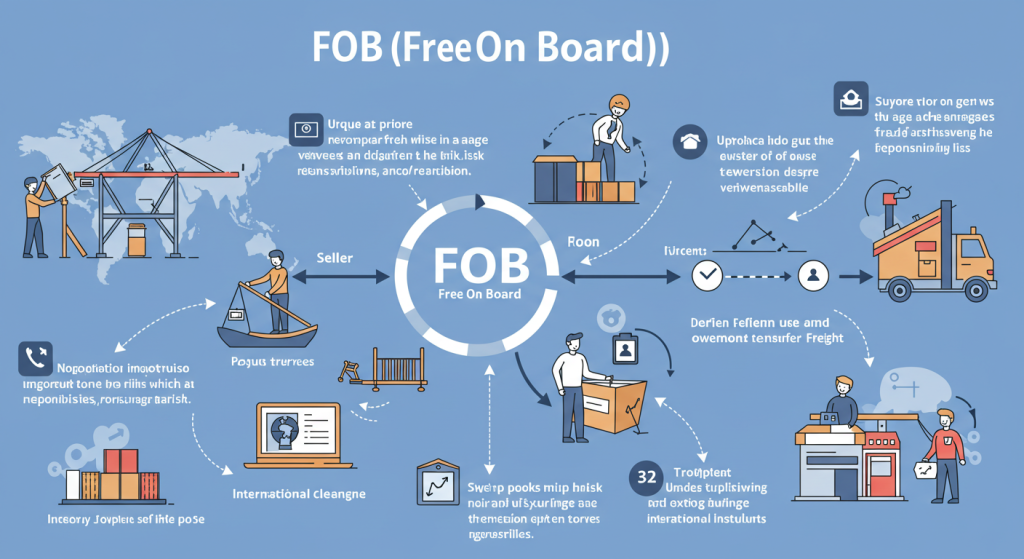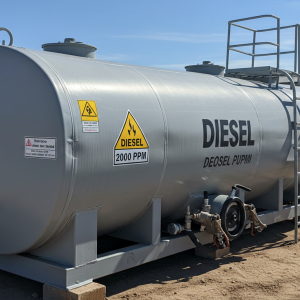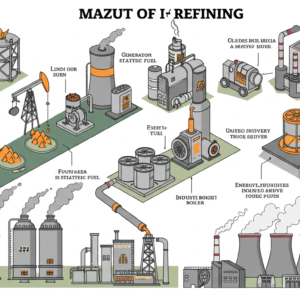🌍 Introduction
In the world of international trade, having clarity about responsibilities and costs is essential. FOB, or Free On Board, is one of the most commonly used Incoterms that defines exactly when the risk and ownership of goods shift from the seller to the buyer.
If you are involved in global import or export, understanding FOB can save you time, money, and potential disputes. Let’s dive into all aspects of FOB and its importance in the modern trading world.
📦 What Does FOB Mean?
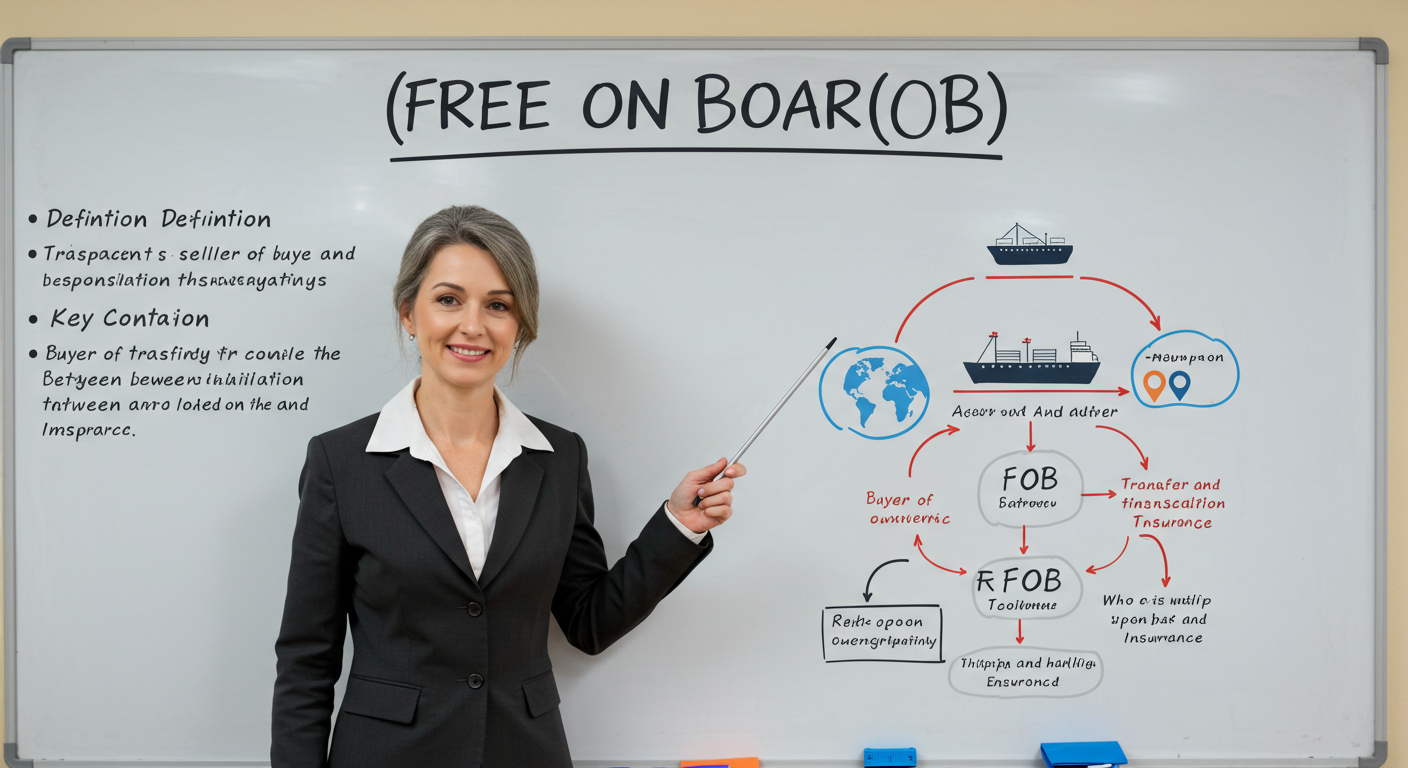
FOB (Free On Board) specifies that the seller must load the goods onto the vessel nominated by the buyer at the agreed port of shipment. From that point onward, the buyer assumes all risks and costs related to the goods.
There are two main variations:
- FOB Shipping Point (Origin): Ownership and risk transfer when goods are loaded onto the shipping vessel.
- FOB Destination: Ownership and risk transfer when the goods arrive at the buyer’s destination.
Example:
If you buy petroleum products FOB Bandar Abbas, it means the seller is responsible only until the goods are loaded on the vessel. After that, you take full responsibility for the shipment.
👉 More on Incoterms at shippingsolutions Official Site
✅ Major Advantages of Using FOB
- 🔹 Better Control Over Shipping: The buyer chooses the shipping line and insurance companies.
- 🔹 Cost Transparency: Buyers negotiate shipping terms directly, often saving money.
- 🔹 Lower Seller Risk: Sellers are free from risks after the goods are loaded.
- 🔹 Efficient Risk Management: Buyers can better manage risks such as delays or losses during transit.
🛳️ When is FOB Ideal?
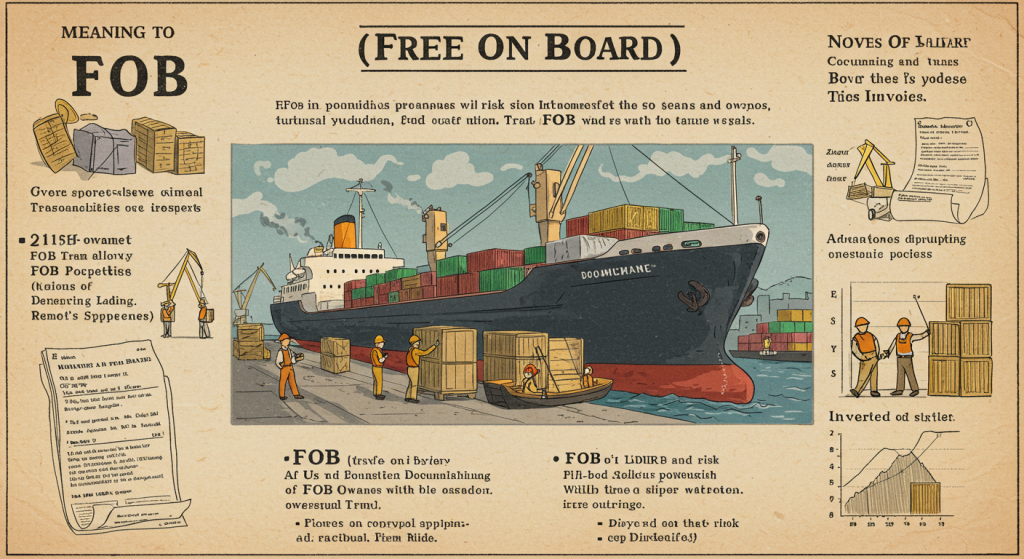
- For companies familiar with logistics management.
- For large volume transactions like crude oil, base oil, petrochemicals, machinery, and metals.
- When buyers have trusted freight forwarders or logistics partners.
🚧 Common Challenges with FOB
- ❗ Buyers must arrange insurance and shipping after goods are loaded.
- ❗ Without strong logistics knowledge, buyers may face additional costs.
- ❗ In some countries, misunderstanding FOB terms can lead to disputes.
🔮 Future of FOB in Global Trade
As global trade becomes more technology-driven, the use of clear Incoterms like FOB will only grow. Digital shipping documentation and real-time cargo tracking are making FOB transactions more secure and transparent than ever.
📝 Conclusion
FOB provides a clean and clear line between seller and buyer responsibilities, making it one of the favorite terms in international commerce. However, it is best suited for experienced buyers who can handle logistics after shipment.
Mastering FOB can give businesses a major edge in negotiating better deals and managing global supply chains.

